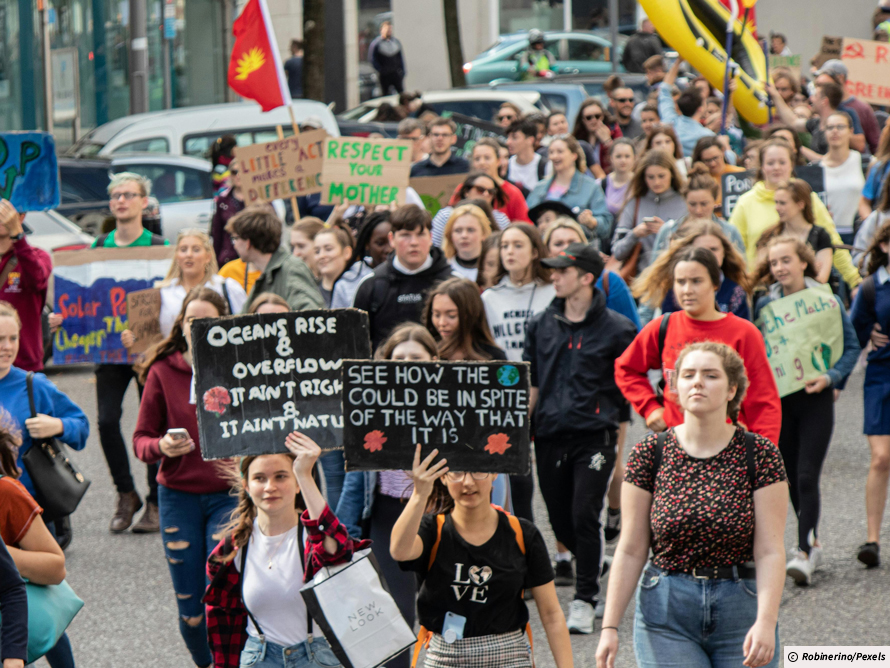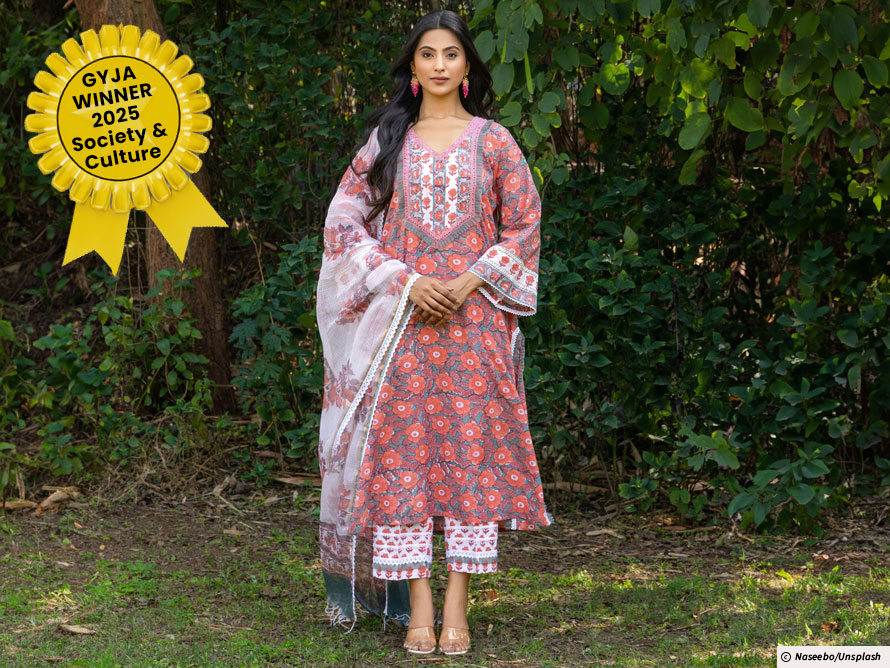The UK Supreme Court’s ruling on the definition of womanhood made headlines worldwide this spring. It inspired Charlotte Boyland, 15, from Haberdashers’ Monmouth School, to write her winning piece in the Politics category.
Why is it that men think they can decide what a woman is? The recent ruling by the UK Supreme Court states that the Equality Act “refer(s) to a biological woman and biological sex” rather than “certified sex”. 10/12 judges on the Supreme Court are men. They say this will protect women and provide legal guidance for single sex spaces. But the Supreme Court, and now the government, have failed to consider carefully how incredibly damaging this ruling is for the LGBTQ+ rights movement.
This debate has been simmering across the country. It has long been proclaimed that allowing trans women into women’s bathrooms would endanger cisgenderA person whose gender identity matches their sex assigned at birth. The term was first used in academic articles in the 1990s. women. The argument is that predatory men would exploit this as a loophole, and dress as women to assault people in toilets.
But a man who is willing to attack a woman doesn’t need to hide and wear a dress. Our culture accepts misogynyHatred of or discrimination against women. The term comes from the Ancient Greek “miso”, meaning “hate”, and “gyne”, “woman”. as normal, as expected. Women are used to feeling unsafe in public, with a survey done by the Office for National Statistics in 2021 stating that 82% of women surveyed feel unsafe in parks and other open spaces.
All of this indicates that a man who wants to assault a woman does not need to pose as transgenderSomeone whose gender identity (what they feel inside) does not match the gender identity they were assigned at birth (based on their biology). to do that. Not to mention that trans people are far more at risk in bathrooms that do not match their chosen gender, with 68% of trans people having experienced verbal harassment in bathrooms that match their birth sex, according to Advocates for Trans Equality. So once again, I ask, who does this legislation protect?
The enforcement of this ruling should also be a cause for concern for all women. The British Transport Police have stated that strip searches will be conducted “in accordance with the biological birth sex of the detainee”. But how will this be enforced? How are they going to be sure that a woman is cisgender or transgender?
Plenty of women look more masculine, despite being cisgender. Women who do not meet traditional standards of femininity, women who have broader shoulders, taller women, and women with PCOS may be excluded from same sex spaces.
Are we going to return to the era of invasive genitalia inspections and laws against cross-dressing? This applies to bathrooms also, because as much as people want to think they would know on sight that someone is trans, they are relying on Westernised stereotypesStereotypes are ideas about how people will act, based on the group to which they belong. of femininity and masculinity to do that.
Of course, there is always more to say. But as a young queer woman in the UK I fail to see this ruling as anything other than a step back for LGBTQ+ and Women’s rights. This will not make me feel any safer; if anything, it makes me feel more alienated and excluded from accepted society. So, I urge you to fight against this, write to your local MPMember of Parliament. There are 650 MPs representing people in different areas of the UK., go to protests. Because this attack will not end with trans rights, so be careful.
Interested in submitting your own Student Voices article or video? Find out more here.
Keywords
Cisgender – A person whose gender identity matches their sex assigned at birth. The term was first used in academic articles in the 1990s.
Misogyny – Hatred of or discrimination against women. The term comes from the Ancient Greek “miso”, meaning “hate”, and “gyne”, “woman”.
Transgender – Someone whose gender identity (what they feel inside) does not match the gender identity they were assigned at birth (based on their biology).
Stereotypes – Stereotypes are ideas about how people will act, based on the group to which they belong.
MP – Member of Parliament. There are 650 MPs representing people in different areas of the UK.












